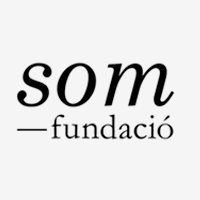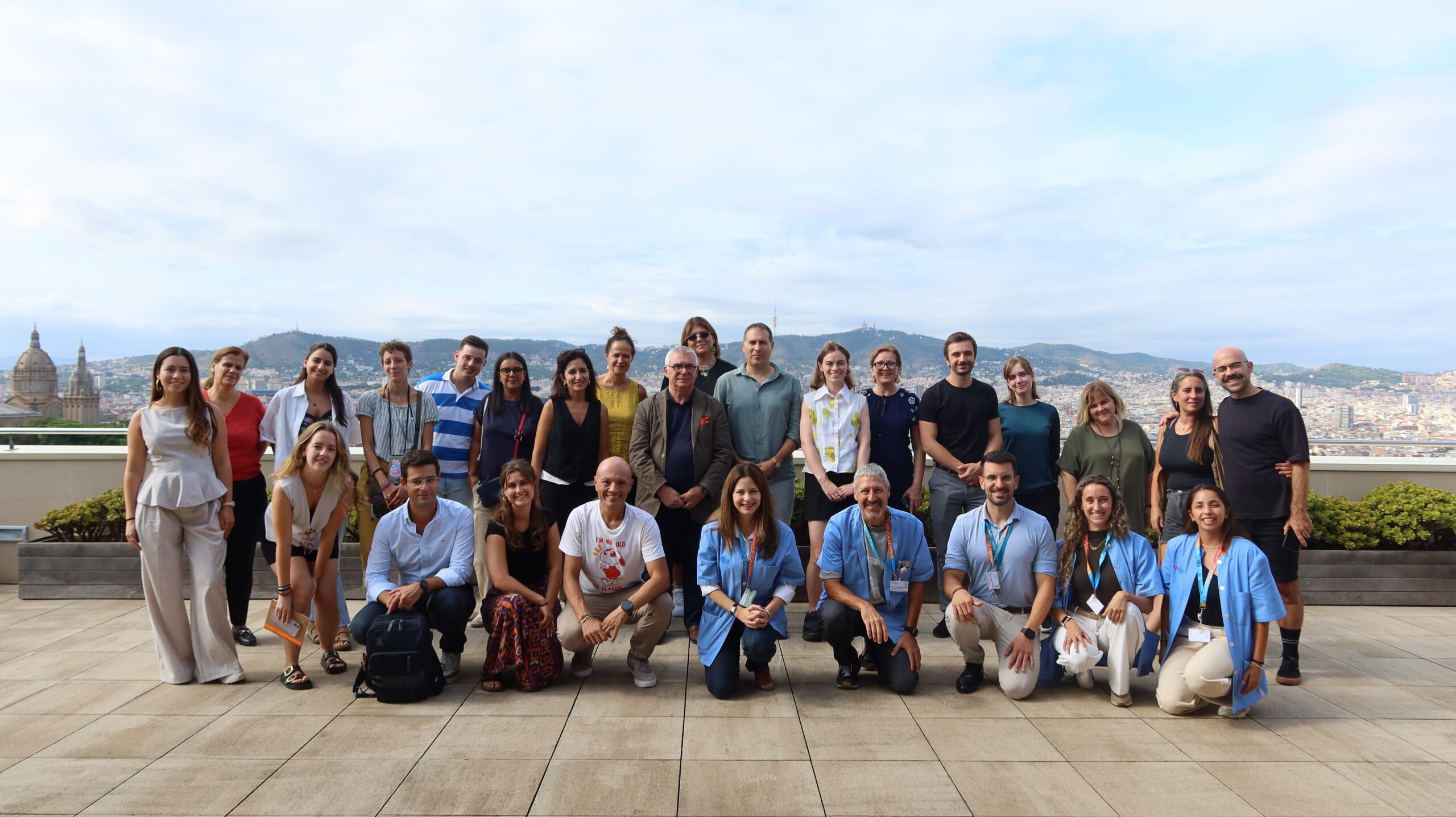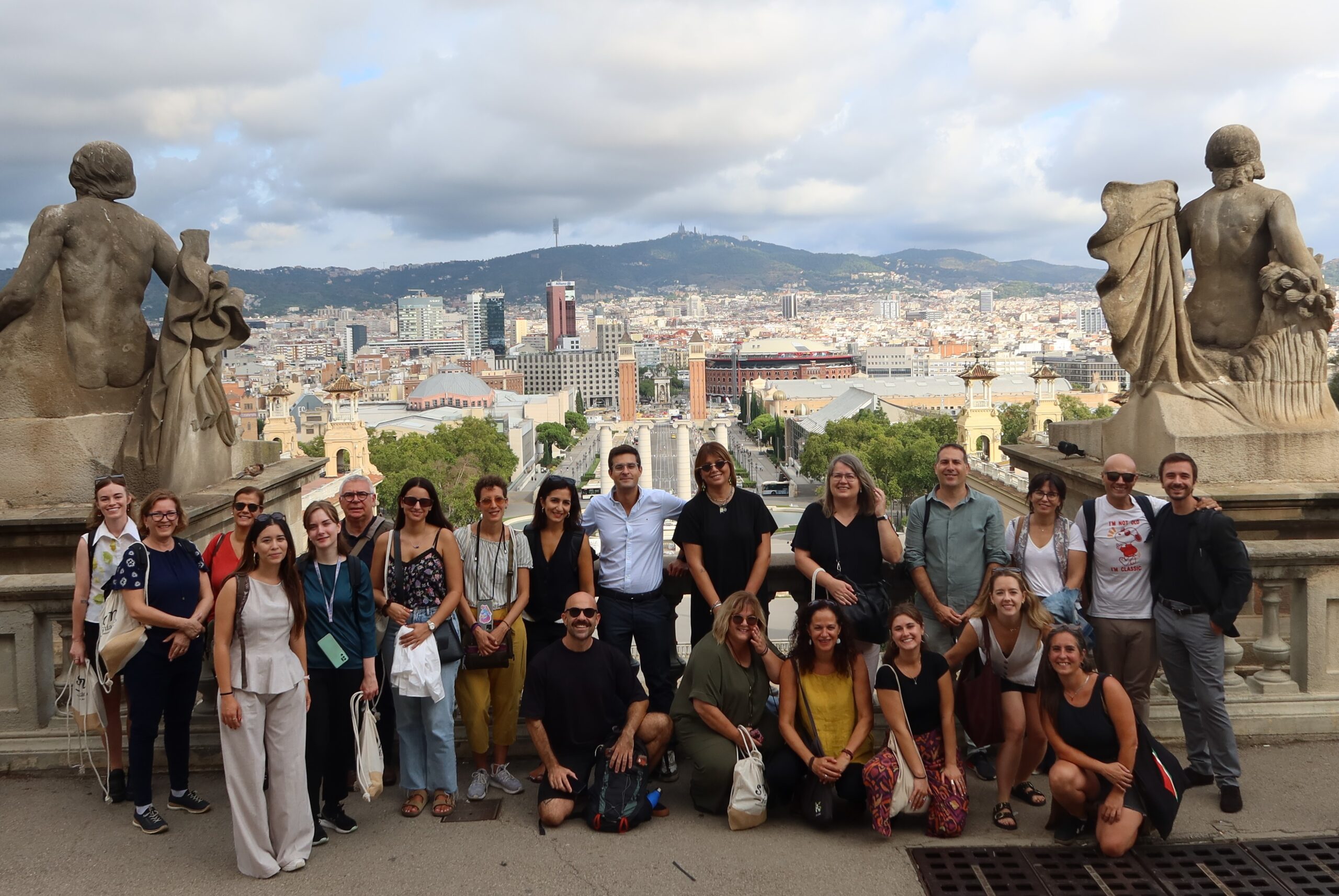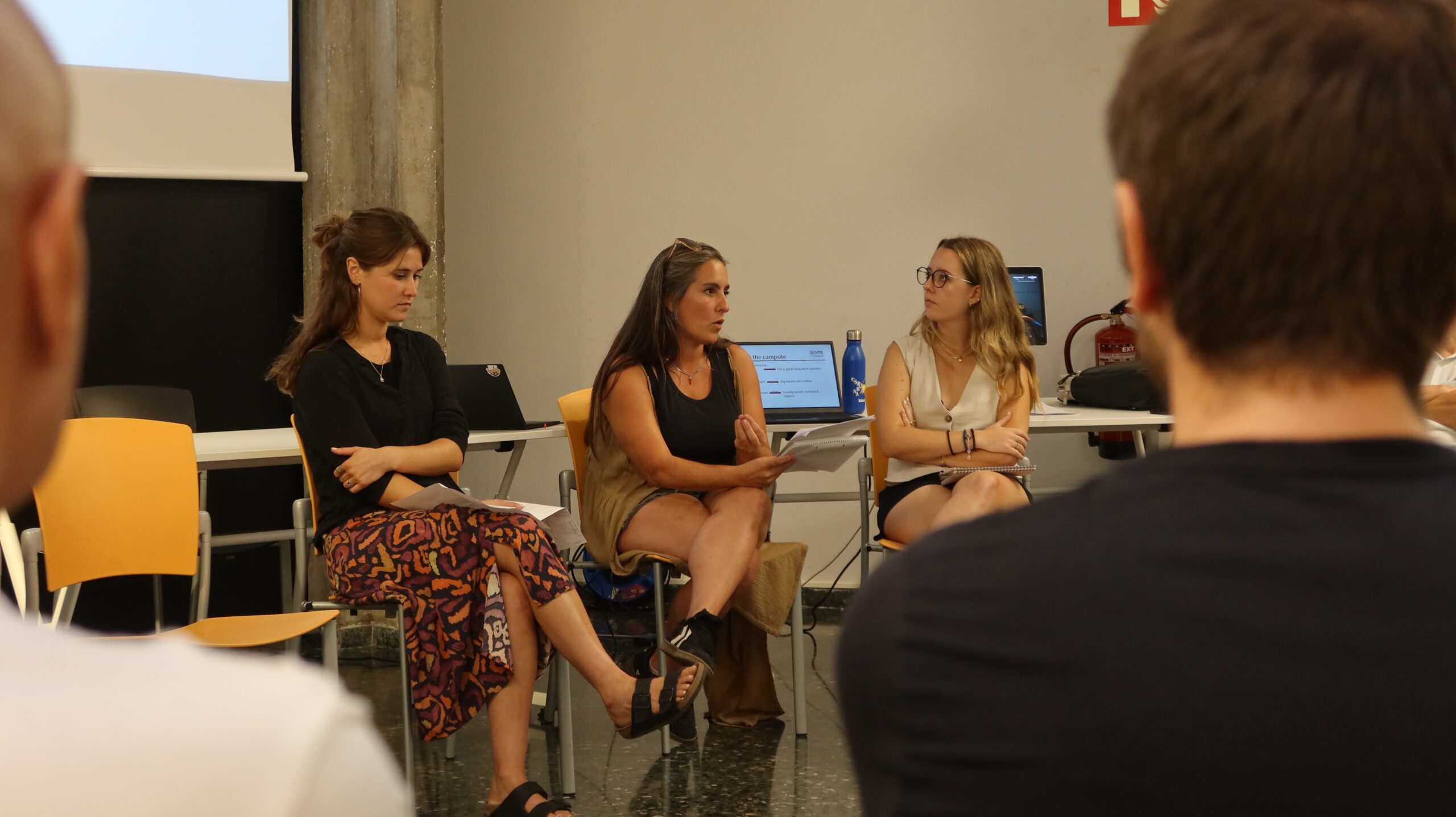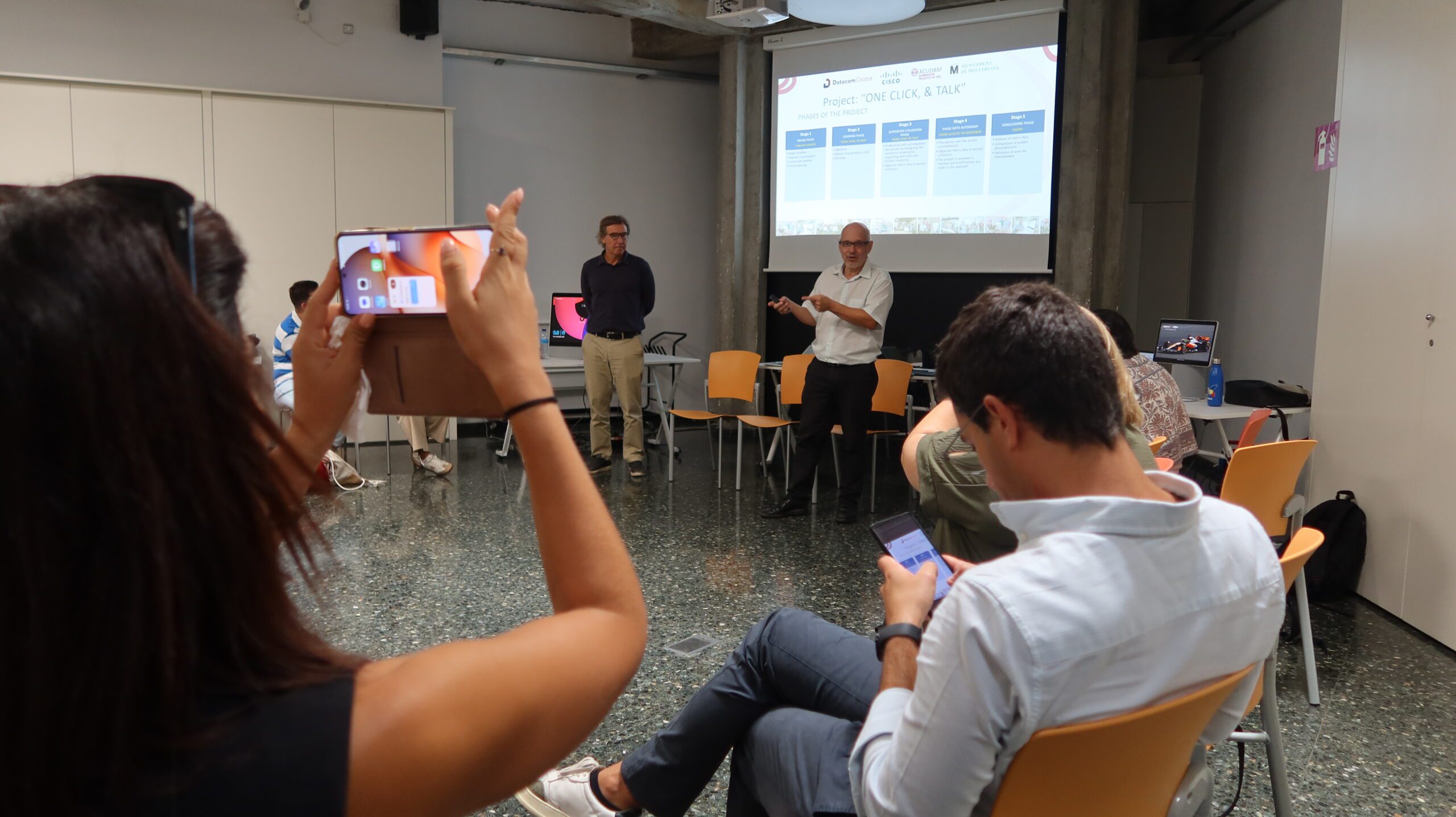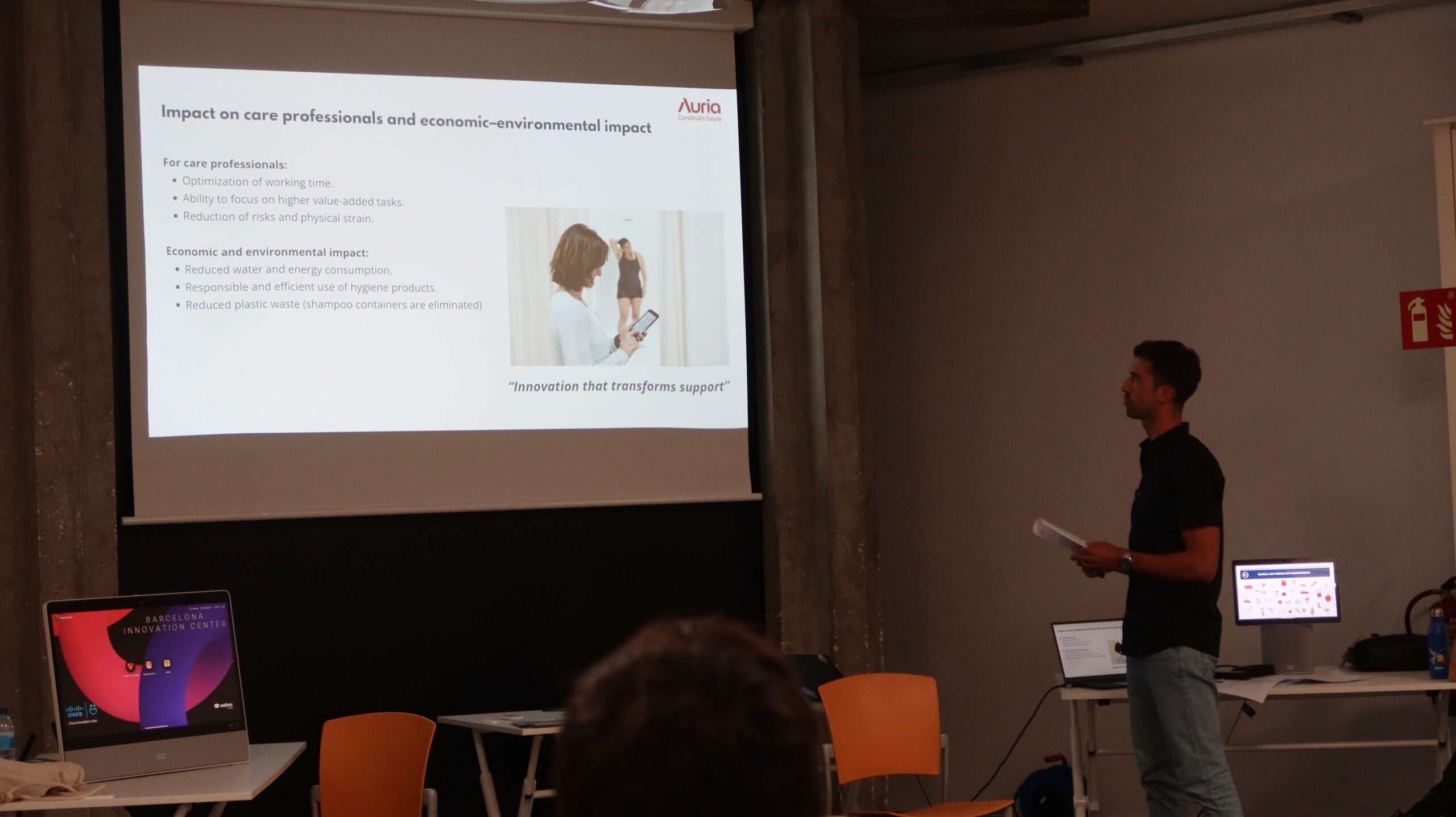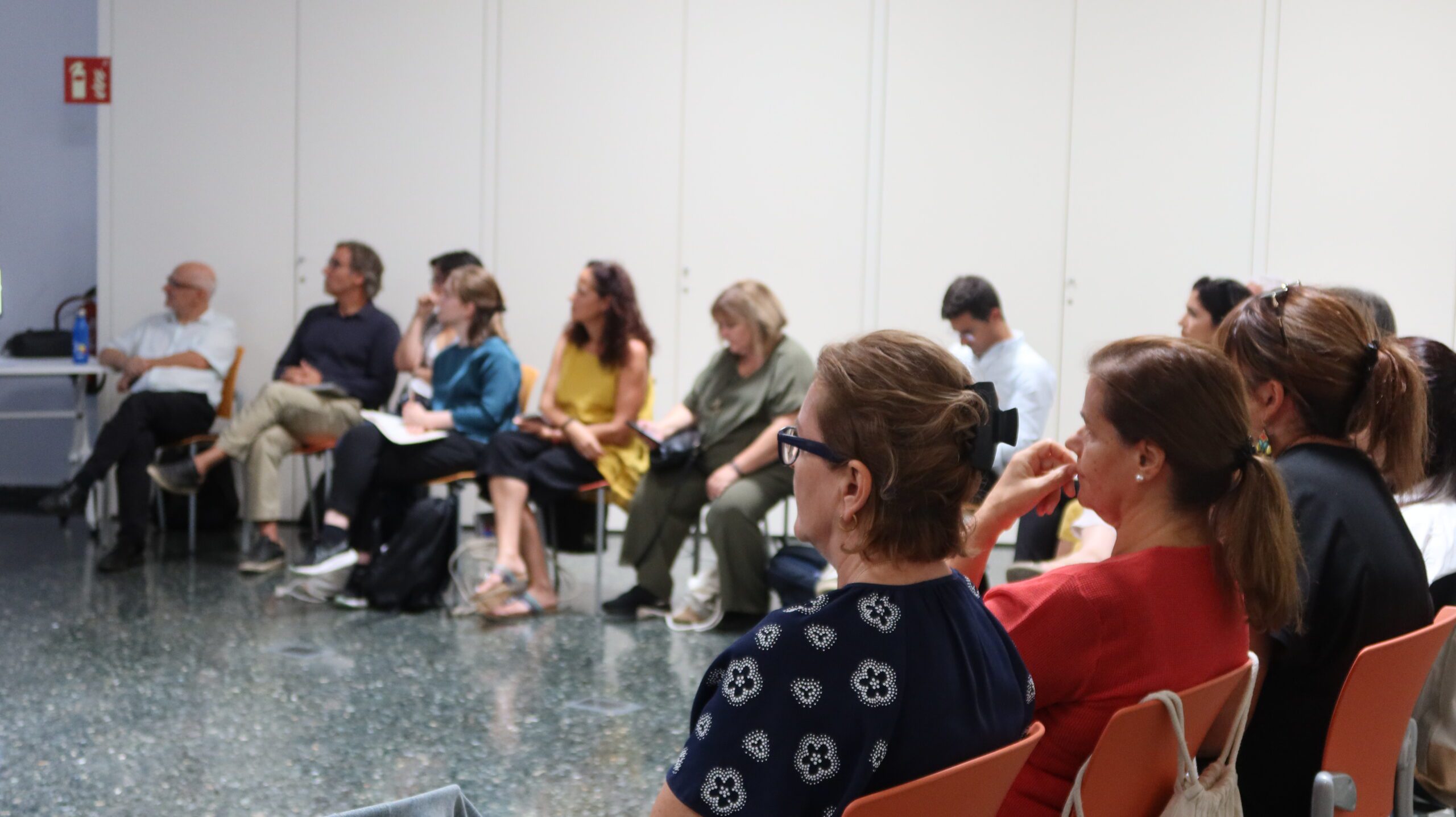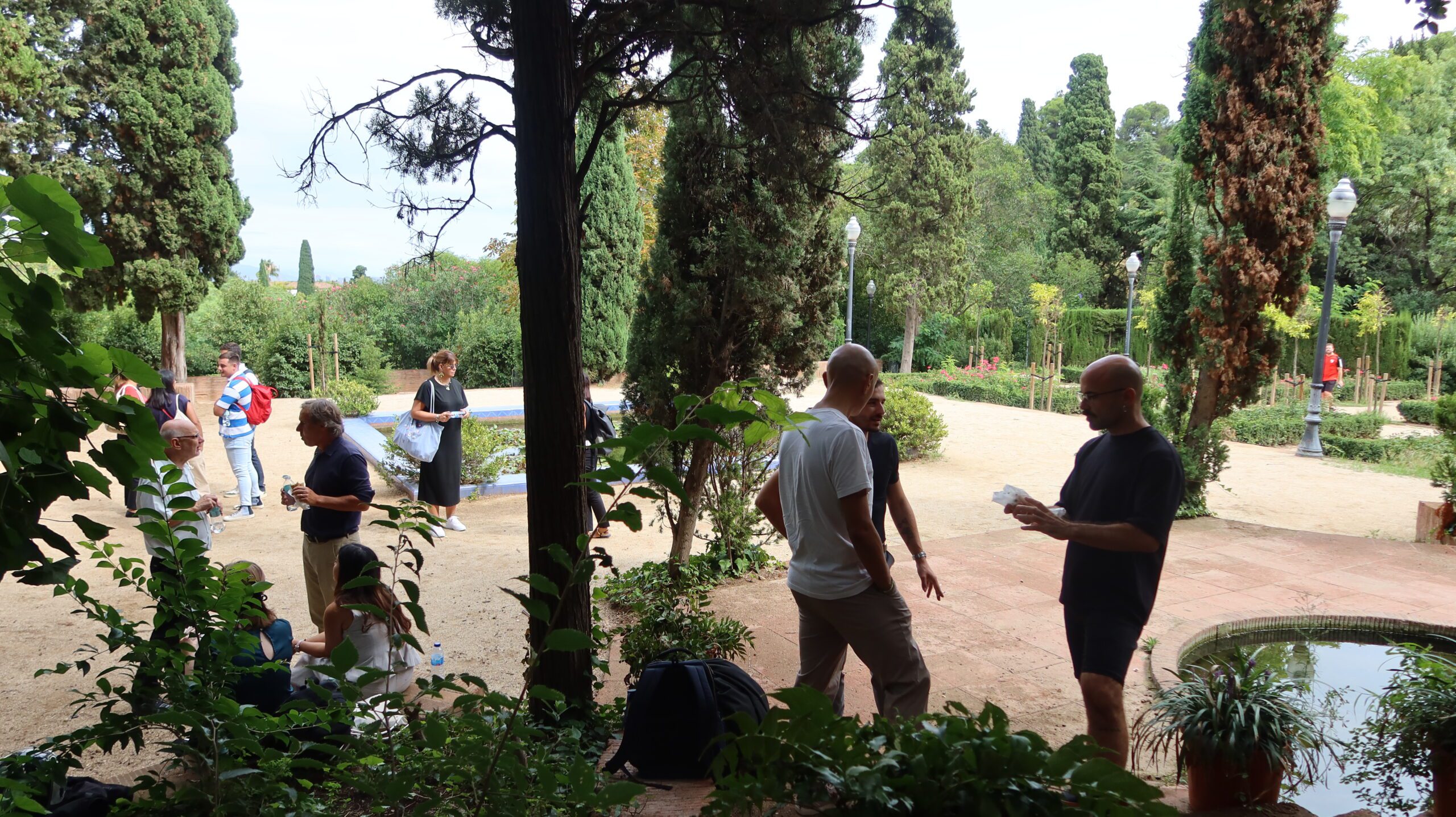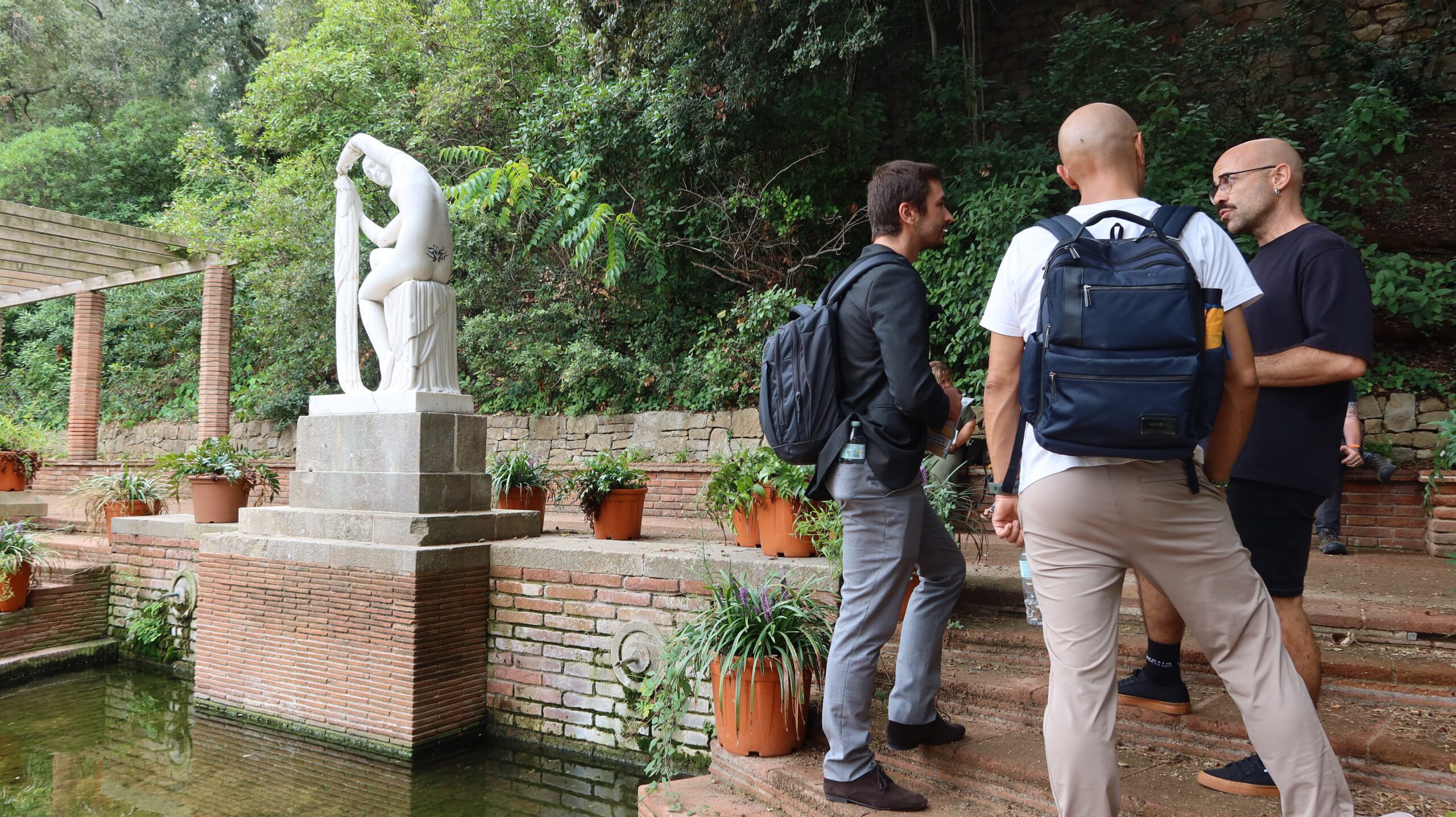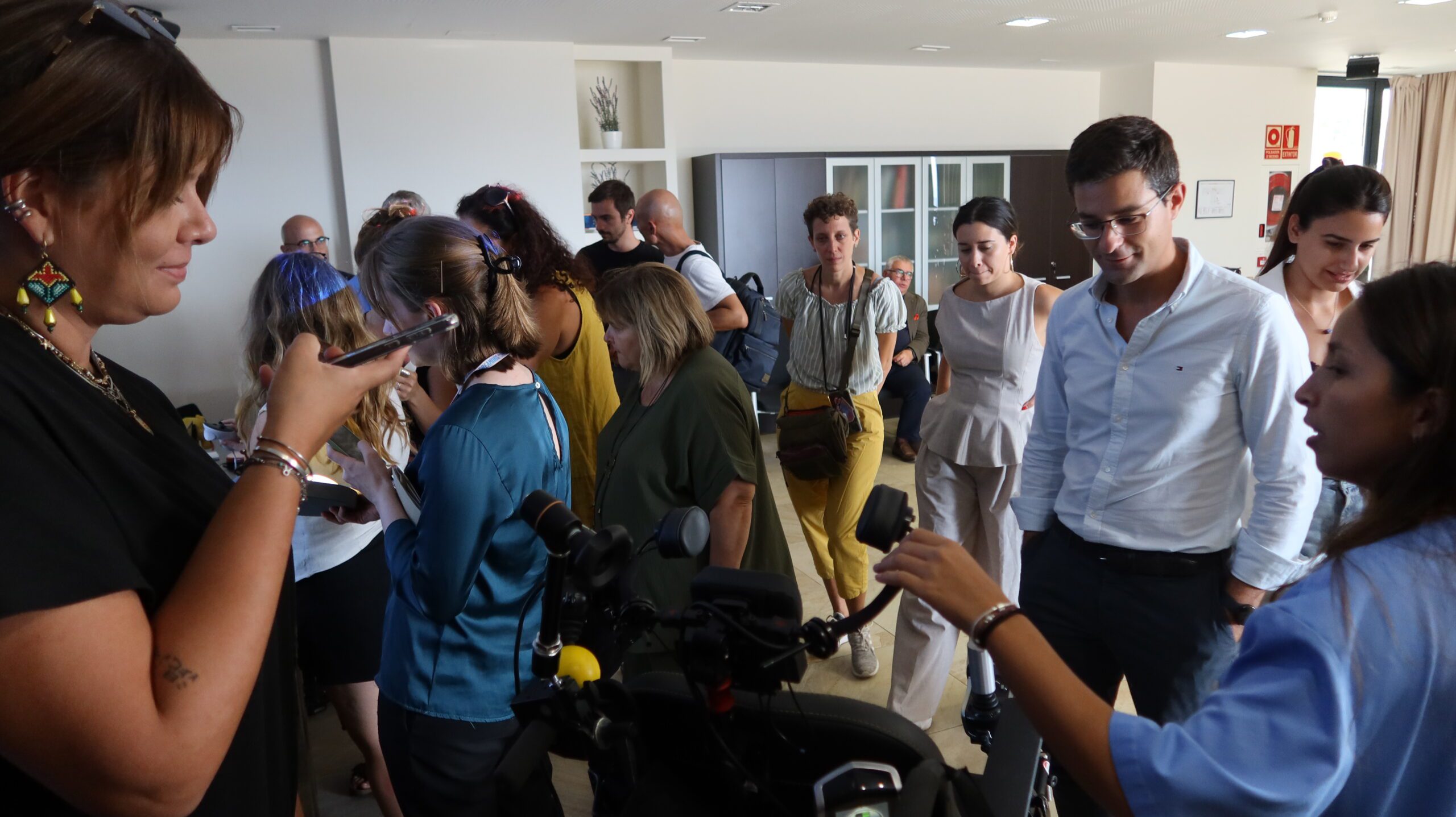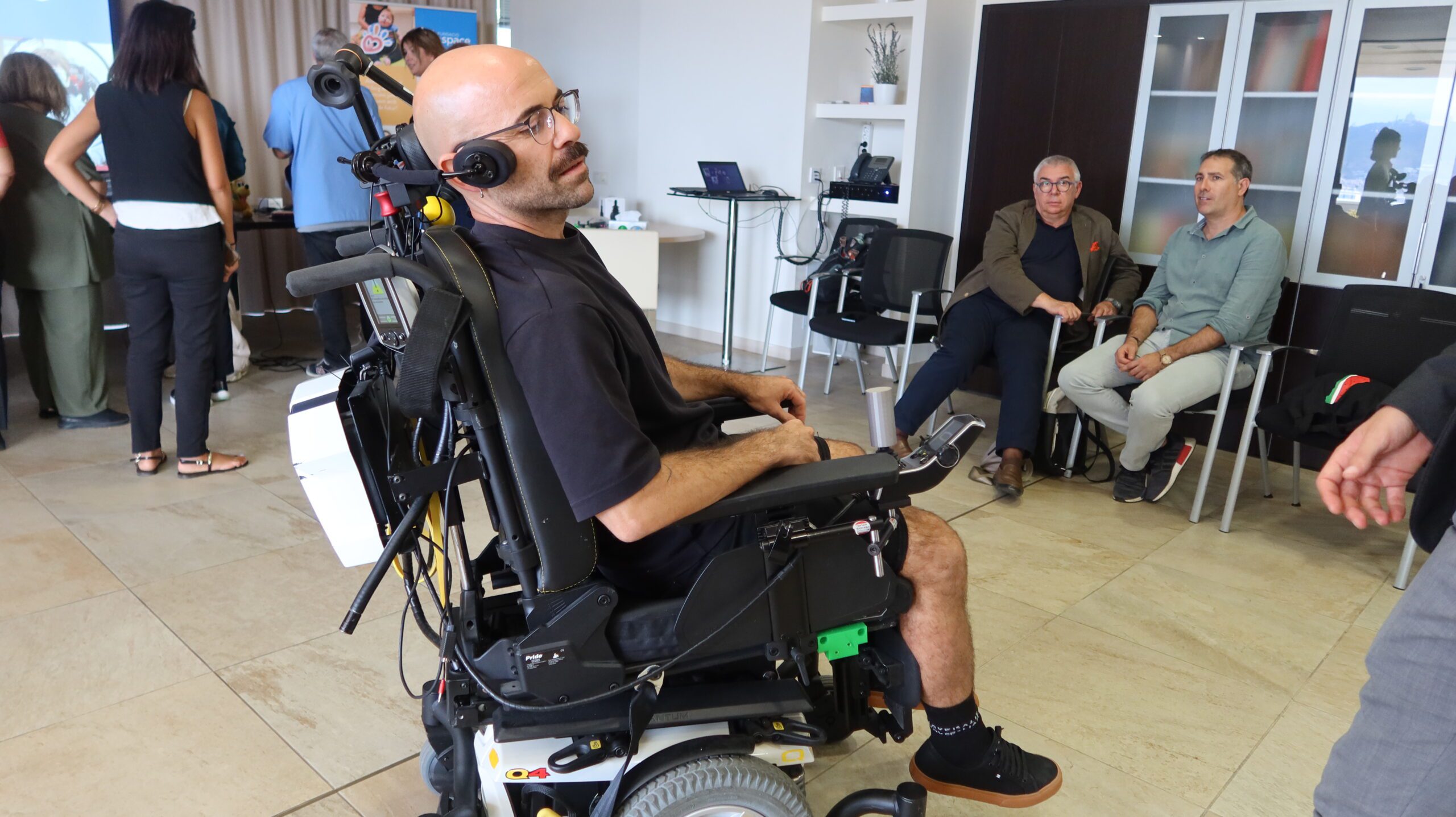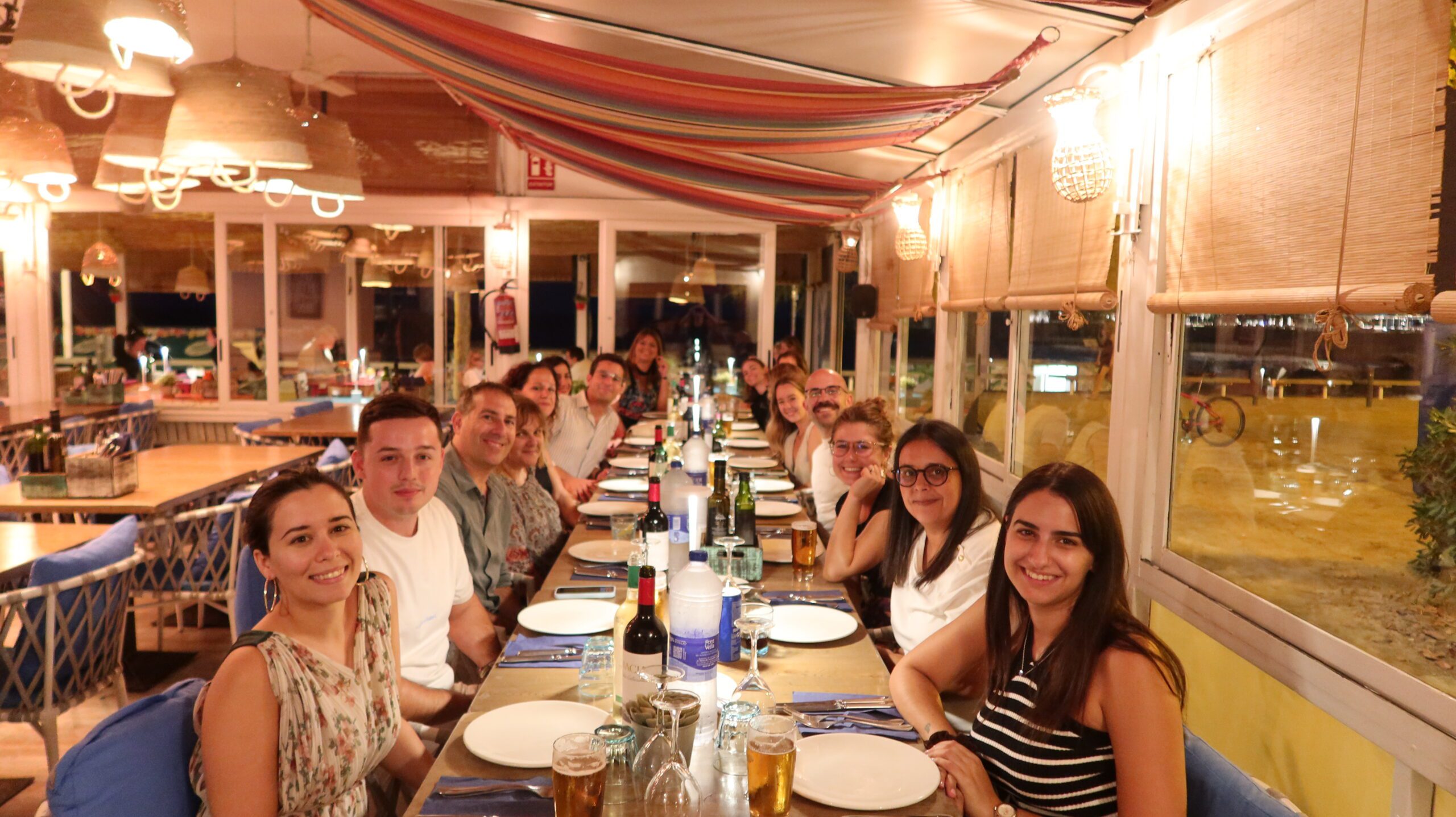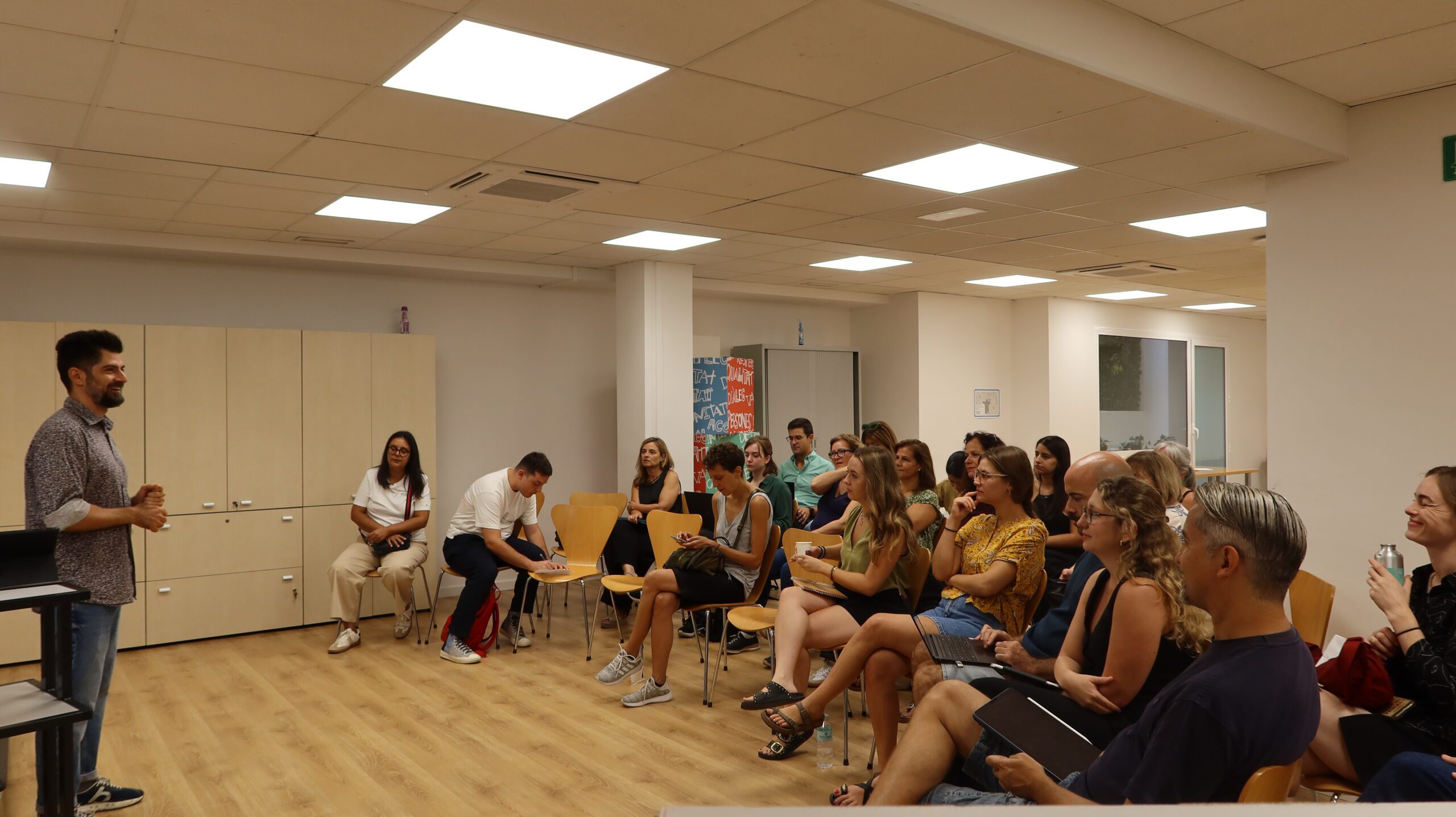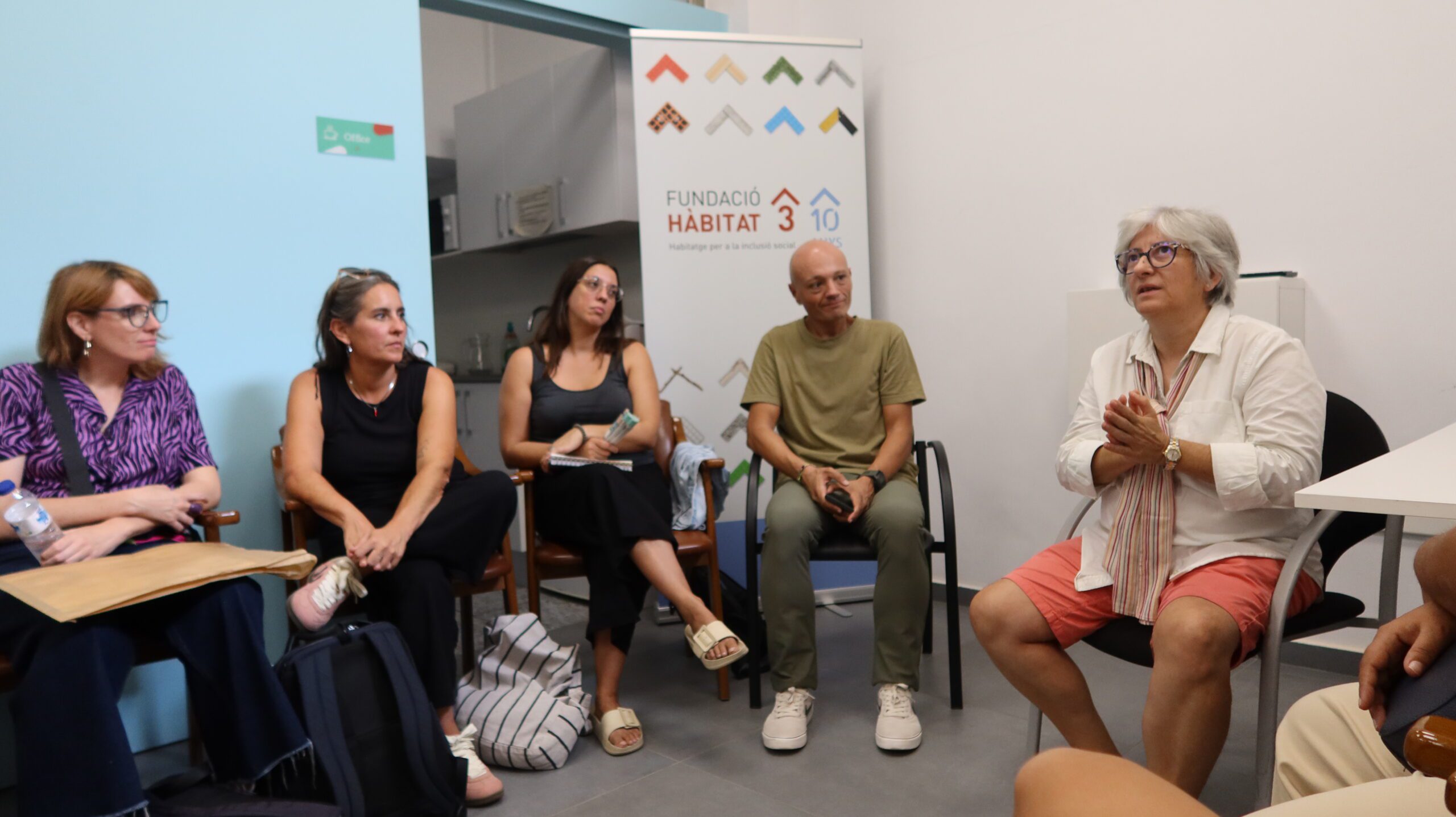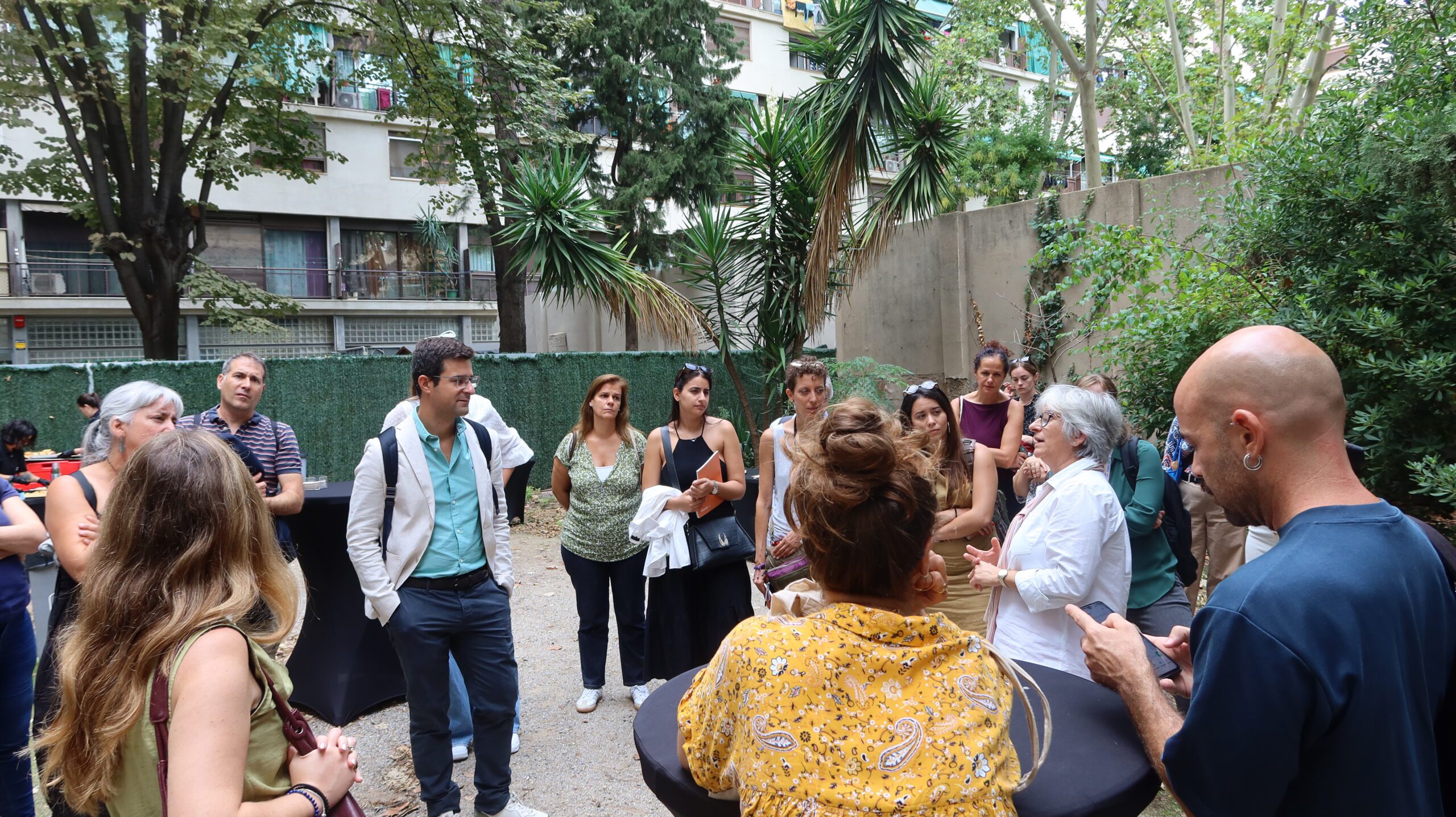On September 16 and 17, Barcelona became the European epicenter of inclusive technology and independent living. Som – Fundació hosted the EASPD study visit and brought together 22 representatives from organizations in 5 European countries to share knowledge, present pioneering projects, and discuss the future of support for people with disabilities. A collective experience that demonstrated the strength of partnerships and the importance of putting innovation at the service of people.
Coordination as a differentiating value
From the very beginning, participants highlighted the added value of coordination among organizations in Catalonia. They saw how, beyond specific projects, we work together to ensure that independent living, technological innovation, housing, and decision-making support are cross-cutting pillars.
A first day of technology and culture
The first day focused on technology as a tool for inclusion. Representatives from the Transmedia Catalonia group presented the WEL Project and the Virtual Reality Project for Social Skills, showing how university research can improve social skills and communication in cultural environments. The Fundació ACUDAM explained its videoconferencing project, and the Fundació AURIA shared its experience of technological innovation in care.
In the afternoon, the visit continued at the Fundació Aspace Catalunya, where participants learned about 3D printing experiences and other technological applications in support services.
Without forgetting, of course, spaces for rest, reflection, and enjoyment. Conferences took place at the Montjuïc headquarters of the Museu Etnològic i de Cultures del Món. The lunch break was in the Laribal Gardens, an oasis in the city where participants could enjoy a unique environment and discover some elements of Catalan modernism.
Second day: community life and digital transformation
On September 17, the focus was on community life and digital transformation. At Dincat, the EmpleON project was presented — a project powered by the own federation —; also the RAPNIC de la Fundació Catalana de Síndrome de Down, focused on facilitating communication for people with speech impairments and the 3D Printing Rehab-Lab & Inclusive Community Model from the l’Associació Alba, which combines technology and community to promote inclusion, were presented.
Later, at the Fundació Hàbitat 3, participants learned about community living projects developed jointly with the Fundació Astres. The visit to the Casa Bloc building, an iconic example of social and inclusive housing, generated great interest: it was one of the most commented moments of the meeting, as it represents a tangible way to make independent living possible.
The day concluded with two digital transformation experiences: the +Tu Fundació and the Unikos application, an initiative promoted by Som – Fundació together with the Fundació Germà Tomàs Canet supported by Next Generation funds. This tool allows people with disabilities to access essential information about their support in real time, such as accounts, documentation, or appointment reminders. A project that combines innovation and autonomy, which was received with great interest.
The value of partnerships and the European context
This meeting demonstrated that our work is not isolated: it connects with organizations, institutions, and professionals who share the same vision. Collaborations with Habitat 3, Astres Foundation, Aspace Catalunya, Dincat, UAB, ACUDAM, or AURIA are clear examples of how partnerships give meaning to our work and open paths for people with disabilities to live with more autonomy and dignity.
At this point, a differentiating fact should be highlighted: Spain is the only country in Europe that has eliminated the legal incapacity of adults. This allowed participants to better understand the legal capacity support service offered by the organizations. A model that is still largely unknown across the continent and that sparked great interest because it shows how it is possible to guarantee rights and support decision-making processes in an inclusive and respectful way.
